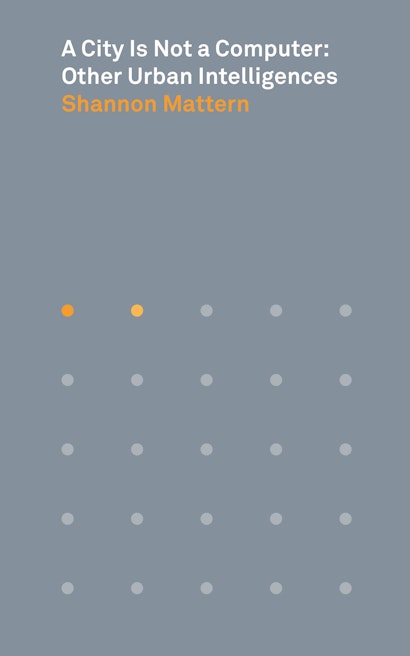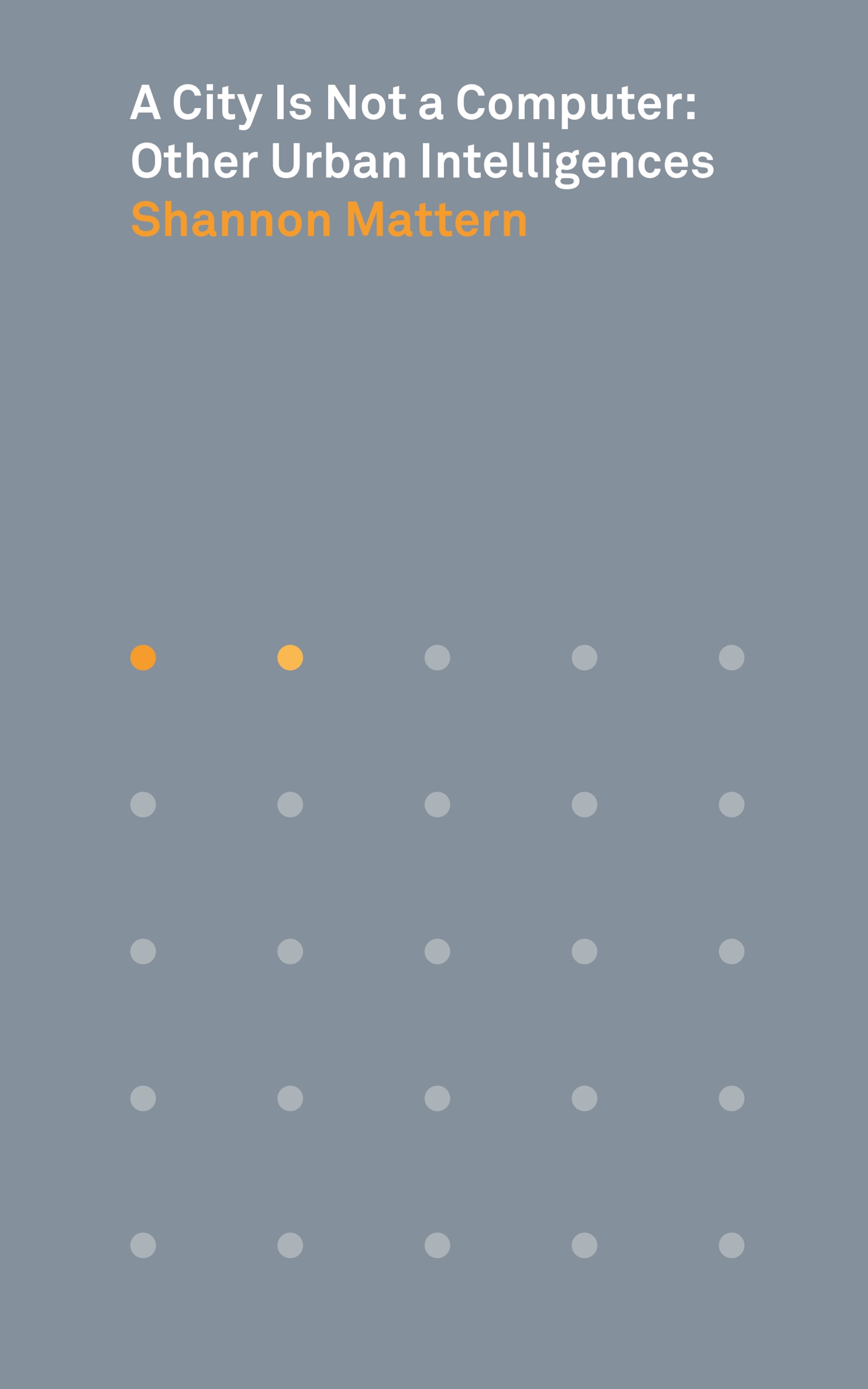
=========================================================================================
"Smart City" Agenda For Mesa City Council Meeting Tomorrow Thu 28 March 2019
__________________________________________________________
QUESTION: When if ever before was
Mesa A Smart City?
TIME TO RE-BRAND THAT! Hire a consultant
In 2018, the City of Mesa engaged ThinkBig Partners, LLC to assist in the development of a Smart City Master Plan. Most importantly, this effort included engaging our citizens, businesses and the public as we identified the key strategies & priorities for building a smarter Mesa!

Mesa installing downtown kiosks as key part of dynamic citizen engagement platform
April 1, 2021 at 3:09 pmAs part of the City of Mesa's Smart City strategic plan, the City has partnered with Smart City Media to install ten dual screen smart digital kiosks throughout downtown Mesa and along the light rail corridor east to Gilbert Road. The digital kiosks will each offer two 55-inch touch screen displays with "way finding" functionality for people to locate specific businesses or receive Mesa focused content such as event promotions and safety alerts. . .
==========================================================================
Computational models of urbanism—smart cities that use data-driven planning and algorithmic administration—promise to deliver new urban efficiencies and conveniences. Yet these models limit our understanding of what we can know about a city.
A City Is Not a Computer reveals how cities encompass myriad forms of local and indigenous intelligences and knowledge institutions, arguing that these resources are a vital supplement and corrective to increasingly prevalent algorithmic models.
Shannon Mattern begins by examining the ethical and ontological implications of urban technologies and computational models, discussing how they shape and in many cases profoundly limit our engagement with cities.
> She looks at the methods and underlying assumptions of data-driven urbanism, and demonstrates how the “city-as-computer” metaphor, which undergirds much of today’s urban policy and design, reduces place-based knowledge to information processing.
> Mattern then imagines how we might sustain institutions and infrastructures that constitute more diverse, open, inclusive urban forms. She shows how the public library functions as a steward of urban intelligence, and describes the scales of upkeep needed to sustain a city’s many moving parts, from spinning hard drives to bridge repairs.
Incorporating insights from urban studies, data science, and media and information studies, A City Is Not a Computer offers a visionary new approach to urban planning and design.






No comments:
Post a Comment